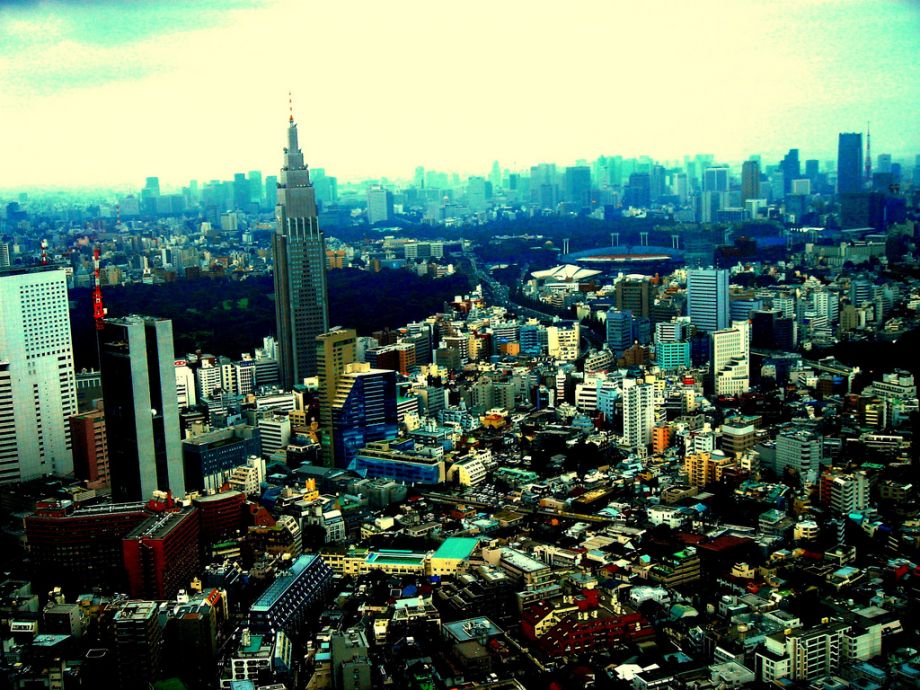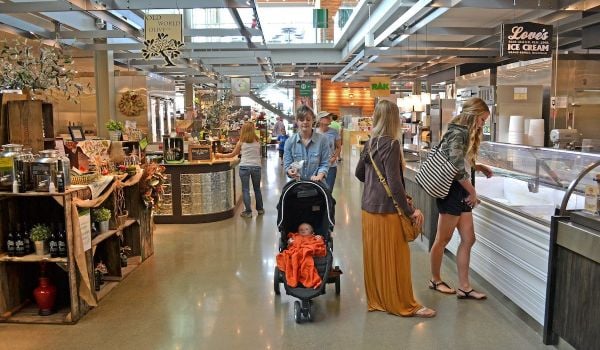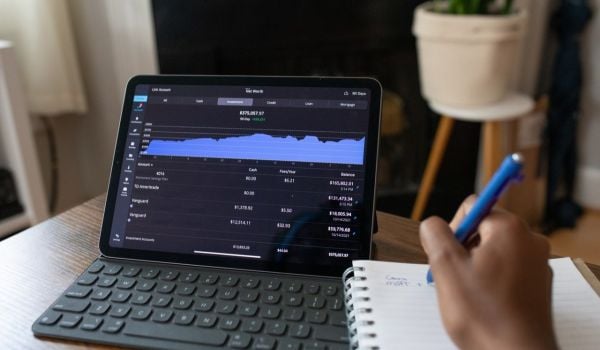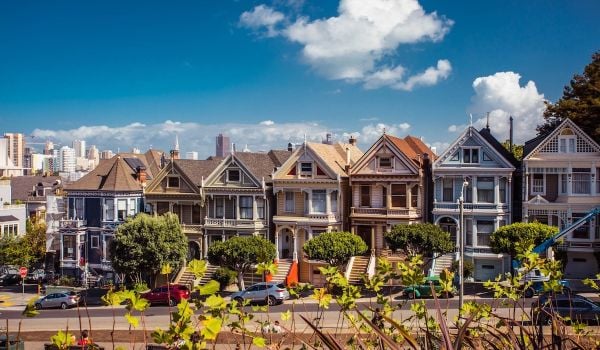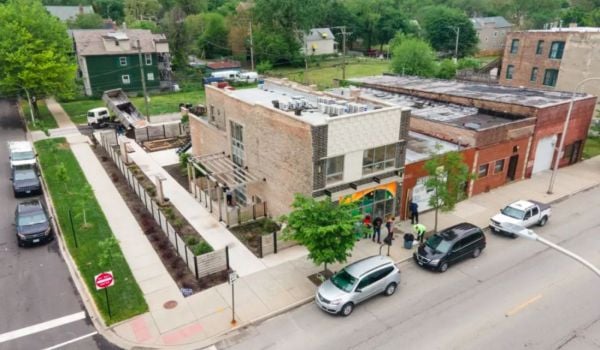The world is urbanizing at a breakneck pace, but it is not urbanizing evenly — nearly all urban growth in the next several decades will take place in the developing world. Yet these fastest-growing cities bear little resemblance to the ones we see in today’s Western countries. High levels of informality pervade virtually every aspect of life, from work to housing to consumption.
In single-chair barbershops, nine-passenger vans and scattered-site vegetable plots, the informal city is propelling the explosive growth of the urban Global South. Whole neighborhoods, systems and markets are taking shape largely beyond the reach of government. They’re split off from the formal city in the form of slums and underground economies.
And yet the informal aspects of these places are also intricately intertwined with the formal city. Indeed, many residents have one foot in both worlds: the slum dweller who commutes to her job at a major hospital, the unlicensed microbus driver who lives in a condominium highrise. Despite the obvious symbiosis, however, the relationship between formal and informal is often mired in conflict.
The Informal City Dialogues, a year-long project supported by The Rockefeller Foundation and conducted by Forum for the Future, will seek to foster a conversation between these two realms. In a world where the number of slum dwellers is expected to double by 2030, a wider dialogue now could give us a foothold for the future. How do informal cities develop their own housing, infrastructure, transportation, financial systems, security and culture, independent of top-down rules and regulations? How well do these systems work, and what can we learn from them? And how can the intersection of the formal and the informal city be cultivated for a more resilient and inclusive future for all?
The project will home in on six cities: Lima, Accra, Nairobi, Chennai, Bangkok and Manila. In each of these places, residents will come together through a series of workshops to discuss their place in the formal-informal dynamic. And in each of these six cities, Next City will embed one writer to blog for the duration of the project, chronicling not only the workshops, but the push and pull between the formal and informal city itself, reporting from the street and talking to the people who are affected by these forces on a daily basis: vendors and bureaucrats, waste pickers and urban planners. In addition to the blogs, a video team will produce a series of short films on location in some of these cities, bringing into vivid focus what these worlds look and feel like. The result will be an in-depth look at the fastest-growing part of our urban world. We hope you will join us in exploring it through the Informal City Dialogues.
Click here to go to Next City’s Informal City Dialogues page

Will Doig was formerly Next City’s international editor. He's worked as a columnist at Salon, an editor at The Daily Beast, a lecturer at the New School, and a communications staffer at the Open Society Foundations. He is the author of High-Speed Empire: Chinese Expansion and the Future of Southeast Asia, published by Columbia Global Reports.

